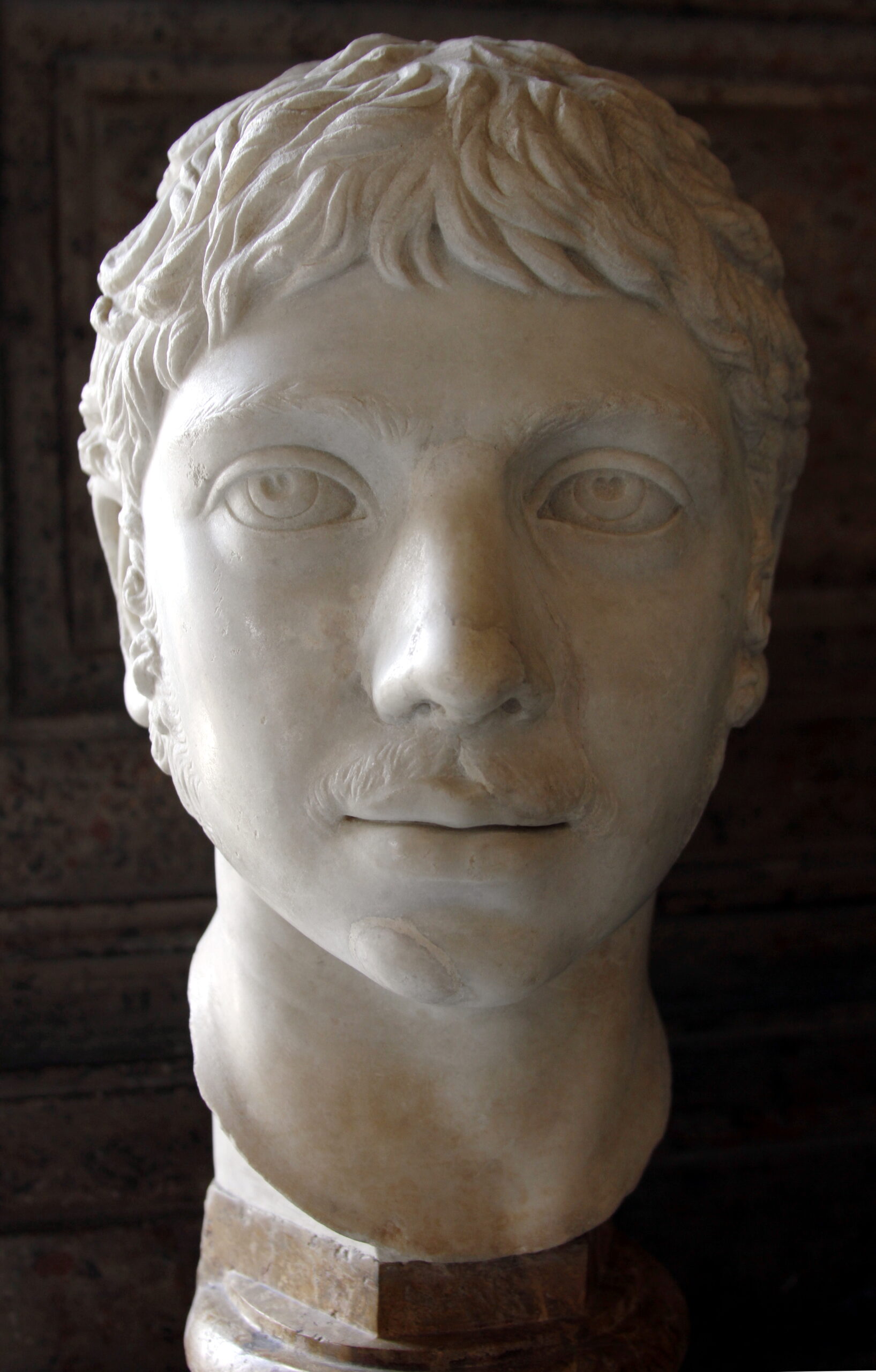The practice of using stale urine as a mouthwash may seem bizarre to modern-day people, but it was a common practice among the ancient Romans. The use of urine, particularly in ancient times, as a cleaning agent and medicinal concoction can be traced back to the belief that it possessed healing properties.
The main ingredient in urine is ammonia, which is produced when waste products are broken down in the body. Ammonia is a powerful cleaning agent, known for its ability to dissolve stains and eliminate odors. Urine, using this principle, was used across ancient societies for various purposes, ranging from cleaning jewelry to washing floors.
In ancient Rome, the use of urine as a mouthwash gained widespread popularity. Stale urine, which had been allowed to sit for a few days, was considered the most effective as the ammonia content had increased over time, rendering it a potent cleansing agent. The practice of using stale urine as a mouthwash was so common that Romans who traded in it had to pay a tax on its sale.
The use of urine as a mouthwash was not merely a modern-day urban legend, as some historians have dubbed it, but an actual practice that emerged from the understanding that ammonia was a strong cleaning agent. A Roman doctor, Galen, even recommended the use of urine as a mouthwash to his patients for treating a variety of oral ailments such as gum diseases, bad breath, and toothaches, among others.
Moreover, urine was also said to theraputically alleviate tooth cavities as it contained minerals such as magnesium, potassium, and phosphate that were essential for strengthening the teeth. Through the ages, urine was thus used to treat various other bodily ailments such as skin diseases, wounds, and kidney problems.
However, it must be noted that the use of urine for medicinal purposes has always been a subject of debate, with many medical practitioners considering it a hazardous and unsanitary practice. Medical experts have raised serious concern that the use of urine could lead to the transfer of diseases through various viruses and bacteria. The transfer of diseases via urine has long been documented, leading to cases of hepatitis, chlamydia, and brucellosis.
In conclusion, the ancient Roman’s practice of using stale urine as a mouthwash is an intriguing part of history, but its usage must be viewed with caution, as urine is known to contain various infectious agents. Although the use of urine for medicinal purposes was once highly regarded, modern science has proven that other methods are safer and more effective in treating a range of maladies. Nevertheless, the Roman practice of using stale urine as a cleaning agent and for medicinal purposes has a rich history, and it’s fascinating to reflect on how ancient societies used and perceived things that we may consider taboo today.
image sources
- an-ancient-roman-holding-a-glass-goblet-full-of-yellow-liquid: https://image.jimcdn.com/app/cms/image/transf/dimension=2080x10000:format=jpg/path/s2217cd0bb1220415/image/i54450d3b19e2fbbf/version/1711848018/an-ancient-roman-holding-a-glass-goblet-full-of-yellow-liquid.jpg



